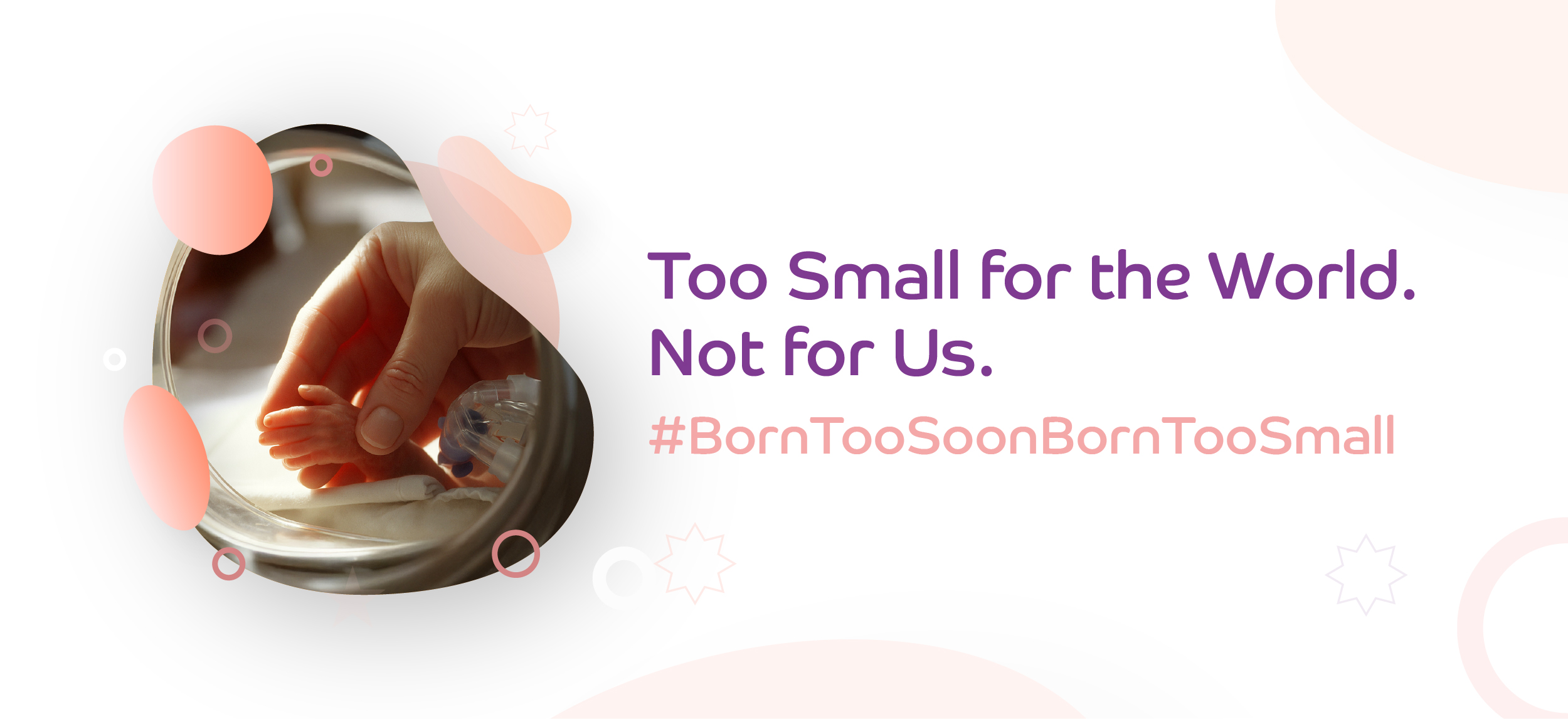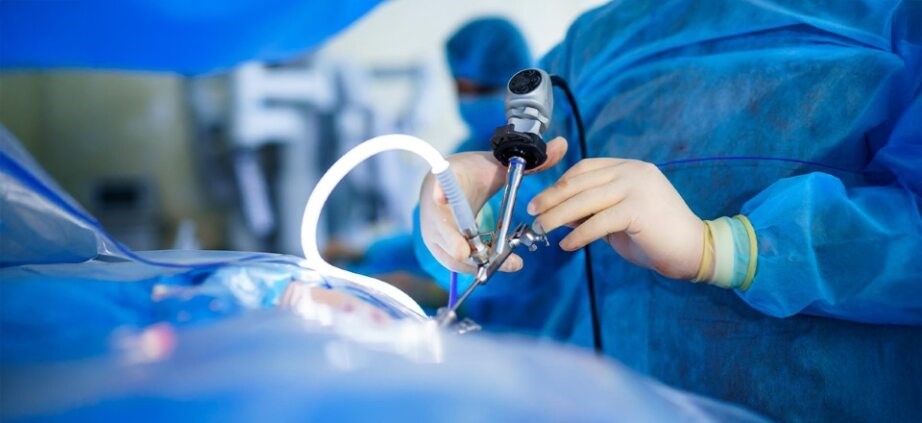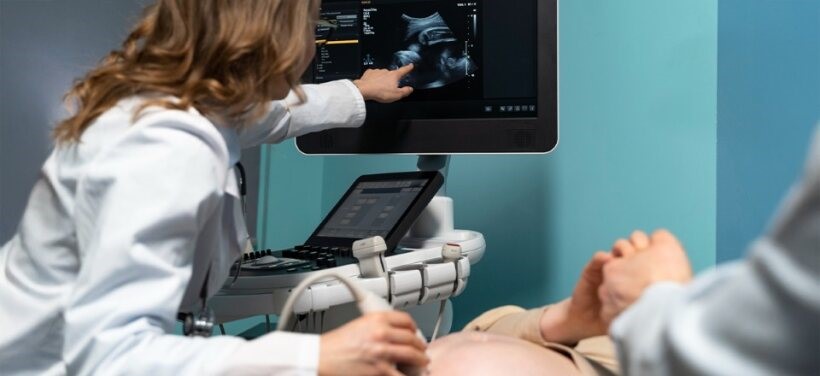Categories
Understanding Ectopic Pregnancy: Symptoms, Risks, and Treatment
Aug 08, 2025
Ectopic pregnancy is when the pregnancy grows in a place where it should not like in fallopian tubes. Usually pregnancy grows inside the uterus, but sometimes the egg may get fertilized in the fallopian tubes connecting ovary to the womb. As the pregnancy progresses, there is a danger of fallopian tube rupture, causing internal bleeding and if not treated on time, can cause shock and could be fatal.
Medicines: In early stage, medicines will be administered to stop the pregnancy and abort in naturally.
Surgery: If medicine does not work, then surgery is needed. The usual way is ectopic pregnancy laparoscopic surgery, where small cuts are made in belly to remove it. This is less painful and healing happens faster.
Emergency: If the tube has burst, then open surgery has to be done at once to save life.
The experience of ectopic pregnancy can be draining. Doctors usually tell to wait for a few months before trying again. However, if you have had a history of ectopic pregnancy be careful the next time you get pregnant.
Ectopic pregnancy is not common but serious. Knowing about symptoms and risks is important so that quick help is taken. Today, with medicines, scans, and ectopic pregnancy laparoscopic surgery, the chances of safe recovery are much better, though every case may differ.
Disclaimer: This blog aims to provide general information and should not be considered a substitute for professional medical advice, diagnosis, or treatment. Always consult a qualified healthcare provider about your health. If you think you may be experiencing a medical emergency, seek immediate help.
1) I’m early pregnant with one-sided pain and light spotting—how do I tell normal cramps from ectopic warning signs?
Ectopic red flags: sharp one-sided pain, shoulder-tip pain, dizziness/fainting, or bleeding that’s more than light. Don’t self-watch—call your doctor or go to emergency.
4) After an ectopic, when can we try again—and will I be able to conceive?
Most recover well. Your doctor will usually advise waiting a few months, then getting an early scan in the next pregnancy to confirm the location. Try again with guidance; stay alert to early symptoms.
Symptoms Of Ectopic Pregnancy
The signs are of ectopic pregnancy are not always clear and mimic the symptoms of regular pregnancy. Some women may feel pain, some may not notice much at first.- Pain in lower stomach or sometimes only on one side
- Bleeding from the vagina, can be light spotting or sometimes heavier
- Feeling faint or dizzy, a sign of internal bleeding
- Shoulder pain, which is surprising but can happen because of bleeding inside
- Not every woman will feel the same. Sometimes the pain feels mild, other times it can become very sharp without much warning.
Who Can Be at More Risk?
Doctors believe that the following factors can contribute to ectopic pregnancy but however, not in all cases:- Past ectopic pregnancy can increase the risk of the same condition again
- Infections in pelvic region cause scarring in tube
- Smoking habits before or around pregnancy time
- Fertility treatment and a history of stomach related surgeries can also play a role
- Even without any of these, ectopic pregnancy may still happen, which makes it unpredictable.
How Is Ectopic Pregnancy Diagnosed?
Finding out ectopic pregnancy is not always simple. If the levels of HCG hormone, that indicates the presence of pregnancy do not get elevated in the first couple of weeks, your doctor may suspect ectopic pregnancy and can refer you for an ultrasound scan. This scan reveals if the fetus is inside the uterus or in fallopian tubes. In rare cases, doctors may use laproscopyfor clear picture.Treatment Choices
Treatment depends on size and how serious it has become.Medicines: In early stage, medicines will be administered to stop the pregnancy and abort in naturally.
Surgery: If medicine does not work, then surgery is needed. The usual way is ectopic pregnancy laparoscopic surgery, where small cuts are made in belly to remove it. This is less painful and healing happens faster.
Emergency: If the tube has burst, then open surgery has to be done at once to save life.
What Happens After Ectopic Pregnancy?
Ectopic pregnancy is not common but serious. Knowing about symptoms and risks is important so that quick help is taken. Today, with medicines, scans, and ectopic pregnancy laparoscopic surgery, the chances of safe recovery are much better, though every case may differ.
Disclaimer: This blog aims to provide general information and should not be considered a substitute for professional medical advice, diagnosis, or treatment. Always consult a qualified healthcare provider about your health. If you think you may be experiencing a medical emergency, seek immediate help.











